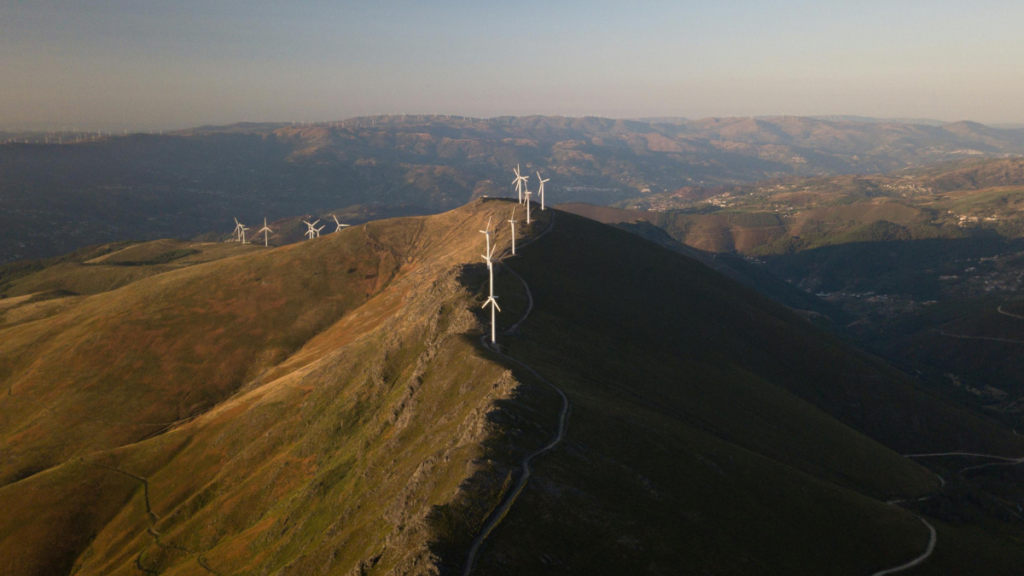Yesterday marked the release of the final instalment of the Intergovernmental Panel on Climate Change’s (IPCC) Sixth Assessment Report (AR6), an eight-year-long undertaking from the world’s most authoritative scientific body on climate change.
The AR6 details the devastating consequences of rising greenhouse gas (GHG) emissions around the world and the increasingly dangerous and irreversible risks should we fail to change course.
But the IPCC also offers hope, highlighting pathways to avoid these intensifying risks. While the window to address the climate crisis is rapidly closing, the IPCC affirms that we can still secure a safe, livable future. Below we have highlighted five key takeaways from the report.
- Key word is overshoot.
- The power is in our hands.
- We need urgent, systemwide transformations to secure a net-zero, climate-resilient future.
- Climate finance must improve this decade.
- Our actions now will resonate for thousands of years.
Overshoot
The period of time in which warming is increasing past the 1.5°C mark and then cooling back down is called a climate overshoot. About 90 percent of climate models predict a period of climate overshoot, with years if not decades of higher global temperatures.
Overshooting is risky, as the report acknowledges, because it might trip tipping points that can’t be uncrossed, such as the melting of permafrost that would in turn release vast amounts of warming gases. Coming back from overshooting will need expensive, unproven technology to pull CO2 from the air, something known as carbon capture.
It also means that it’s even more urgent to get as quickly as possible to net zero – where the amount of greenhouse gas in the atmosphere does not increase. Every increment of global warming and every year that goes by really matters.
The power is in our hands
The IPCC has been moving to highlight the fact that the actions that people can take make by themselves make a massive difference to the overall picture.
“We could cut 40 to 70% of projected 2050 emissions with end-use measures, this includes shifting to plant-based diets, avoiding flights, building more walkable and bikeable cities,” said Kaisa Kosonen from Greenpeace, who was an observer at the IPCC approval session.
We need urgent, systemwide transformations to secure a net-zero, climate-resilient future.
While fossil fuels are the number one source of GHG emissions, deep emission cuts are necessary across all of society to combat the climate crisis. Power generation, buildings, industry, and transport are responsible for close to 80% of global emissions while agriculture, forestry and other land uses account for the remainder.
The IPCC emphasizes the importance of ensuring that adaptation measures drive systemic change, cut across sectors and are distributed equitably across at-risk regions. The good news is that there are oftentimes strong synergies between transformational mitigation and adaptation.
Climate finance must improve this decade.
The IPCC finds that public and private finance flows for fossil fuels today far surpass those directed toward climate mitigation and adaptation. Thus, while annual public and private climate finance has risen by upwards of 60% since the IPCC’s Fifth Assessment Report, much more is still required to achieve global climate change goals. For instance, climate finance will need to increase between 3 and 6 times by 2030 to achieve mitigation goals, alone.
Our actions now will resonate for thousands of years.
The report warns that with sustained warming of between 2 and 3°C the Greenland and West Antarctic ice sheets will be lost “almost completely and irreversibly” over multiple millennia. Many other thresholds will be crossed at low levels of heating, impacting things like the world’s glaciers. To stop this runaway train of warming, governments need to up their commitments before 2030, to reach net zero by 2050, in order to keep warming in or around 1.5°C by 2100.
“I think our climate system, but also our social systems and our ecosystems, all show us that it’s bloody urgent, so that we can still change the world to make it a better place for all of us,” said Dr Otto.
Make a difference
The IPCC report recommends a variety of measures to reduce our carbon footprint, including transitioning to renewable energy, improving energy efficiency, reducing waste, and promoting sustainable agriculture and forestry practices.
You can start your sustainability journey today and ensure you are doing your bit for the planet. We provide solutions for businesses and organisations looking to take, responsible action to reduce their climate impact.
We have a suite of, business applications designed to simplify their pathways to net zero. From carbon footprint measurement, emissions reduction planning, employee training, stakeholder engagement and program delivery, we deliver innovative, ways to turn intent into impact.

